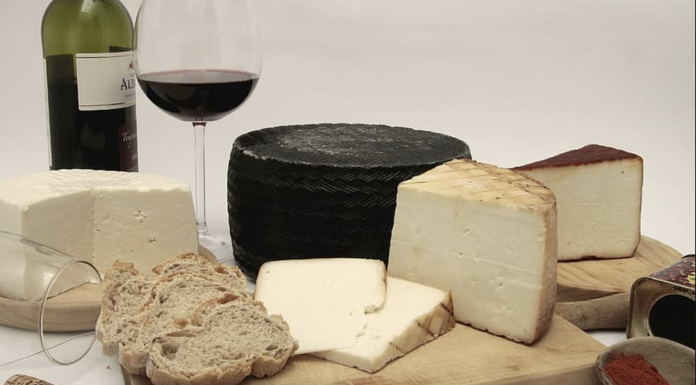
How Cheese, Wheat and Alcohol Shaped Human Evolution
Over time, diet causes dramatic changes to our anatomy, immune systems, and maybe even skin color.
Smithsonian Magazine, Brian Handwerk
You aren’t what you eat, exactly. But over many generations, what we eat does shape our evolutionary path.
“Diet,” says anthropologist John Hawks, of the University of Wisconsin-Madison, “has been a fundamental story throughout our evolutionary history.
Over the last million years there have been changes in human anatomy, teeth and the skull, that we think are probably related to changes in diet.”
As our evolution continues, the crucial role of diet hasn’t gone away. Genetic studies show that humans are still evolving, with evidence of natural selection pressures on genes impacting everything from Alzheimer’s disease to skin color to menstruation age.
And what we eat today will influence the direction we will take tomorrow.
 Got Milk?
Got Milk?
When mammals are young, they produce an enzyme called lactase to help digest the sugary lactose found in their mothers’ milk.
But once most mammals come of age, milk disappears from the menu. That means enzymes to digest it are no longer needed, so adult mammals typically stop producing them.
Thanks to recent evolution, however, some humans defy this trend.
Around two-thirds of adult humans are lactose intolerant or have reduced lactose tolerance after infancy. But tolerance varies dramatically depending on geography.
Among some East Asian communities, intolerance can reach 90 percent; people of West African, Arab, Greek, Jewish and Italian descent are also especially prone to lactose intolerance.

Northern Europeans, on the other hand, seem to love their lactose—95 percent of them are tolerant, meaning they continue to produce lactase as adults.
And those numbers are increasing. “In at least different five cases, populations have tweaked the gene responsible for digesting that sugar so that it remains active in adults,” Hawks says, noting it is most common among peoples in Europe, the Middle East and East Africa.
“Since wheat and rye became a staple of human diets, however, we’ve have had a relatively high frequency of celiac disease.”
Ancient DNA shows how recent this adult lactose tolerance is, in evolutionary terms. Twenty-thousand years ago, it was non-existent.
As of 2018, about one-third of all adults have tolerance … Read more.
PREVIOUSLY:
Mayo Clinic Diet Doctor Begs People To Throw Away These Foods
Is Your Diet A Threat To National Security?



